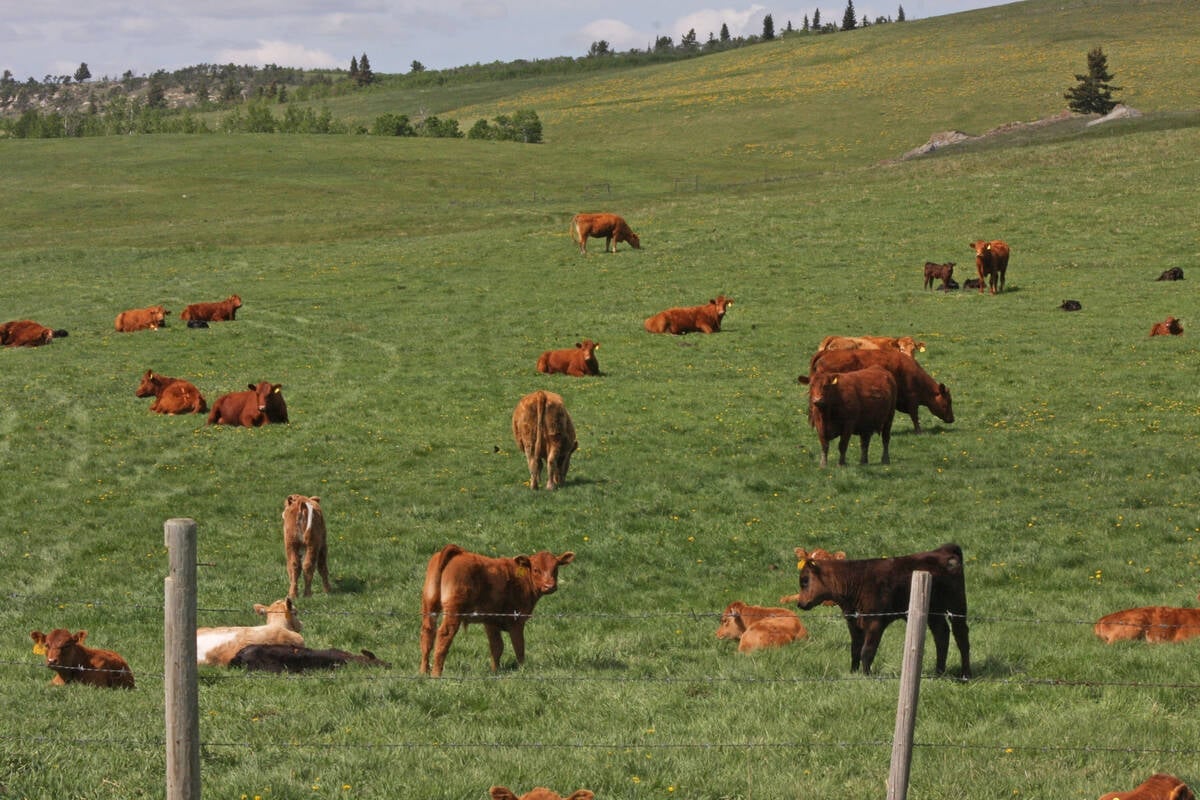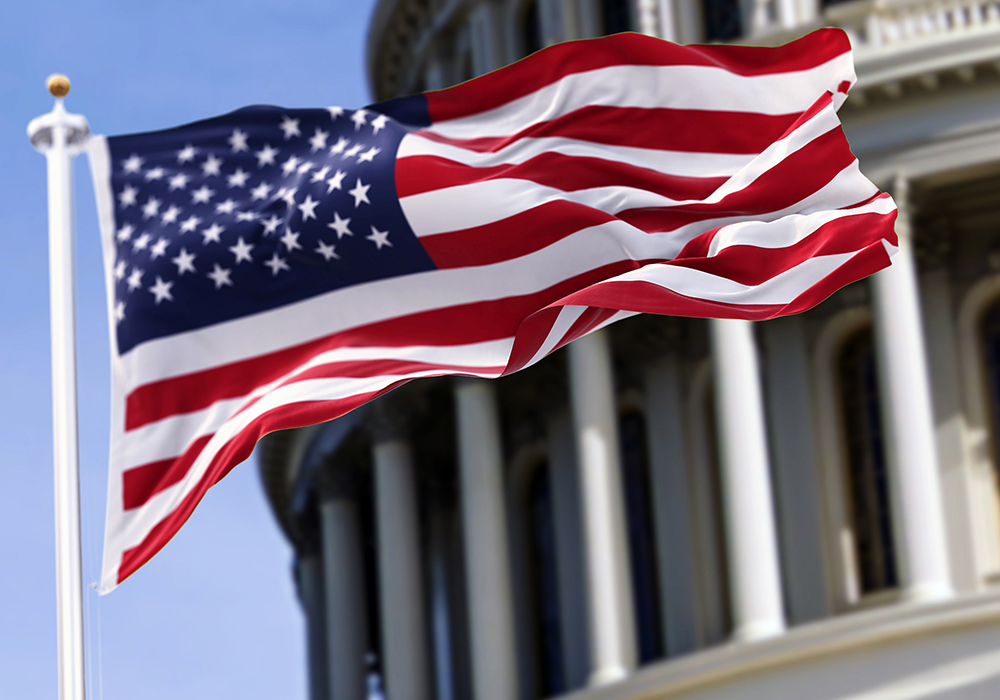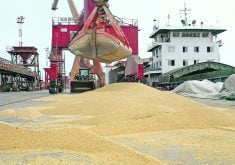Either Kamala Harris or Donald Trump will become, arguably, the most powerful person in the world come Inauguration Day Jan. 20.
American presidents make decisions on trade, environment and agriculture and food, often setting agendas with consequences felt around the world and even on your farm.
Canadians don’t vote in American elections, but it is worthwhile to have an idea what new directions America might take under a new president.
Read Also

Livestock leads Canada’s farm economic outlook
Forecasts by a major Canadian farm lender featured good and bad news on the financial health of both farmers and Canadians at large.
Of course, agricultural policy does not take centre stage in news coverage or the debate stage, but we can get a rough idea of what the candidates think.
The Democratic contender, current vice-president Kamala Harris, talks a lot about creating what she calls an Opportunity Economy. That includes policies to improve business competition, end price gouging, support small business and innovation, provide incentives for home building, expand the child tax credit and lower taxes for low to moderate income workers.
I haven’t seen specific agriculture policies, but I expect a Harris administration’s approach to the U.S. Department of Agriculture would be similar to that of the Biden administration. It was a “steady as she goes” attitude, except for a greater concentration on supporting environmental goals and addressing climate change.
I believe the Republican contender, former President Donald Trump, doesn’t have burning desires to change agriculture policy, but he does have a policy on tariffs that would have major trade impacts.
He has other broad ideas, such as limiting migration into the United States and reducing regulation across the economy, but he is not a policy wonk.
For that reason, it is interesting that he accepted the support of former independent presidential candidate Robert F. Kennedy, a person with definite policy ideas.
On Aug. 23, Kennedy dropped out of the race and threw his support behind Trump. The former president praised Kennedy, said he had interesting ideas and would consider him for a cabinet post if he wins.
He is now on Trump’s transition team.
Kennedy was once an environment lawyer and strongly believes drug companies, particularly vaccine makers, pesticide makers and industrial agriculture and food, are destroying the health of Americans, especially children.
There is speculation that he would be interested in being a cabinet secretary for health and human services.
If Trump wins and Kennedy gains a position of power, he would advocate for policies reflecting his concerns about how seed oil, processed food and pesticides contribute to the prevalence of chronic disease in Americans.
He believes refined seed oils, such as soy, corn and canola oil, and the processed foods that contain the oil, cause inflammation in the body and contribute to obesity and heart problems
He also condemns crop pesticides, particularly glyphosate. Kennedy was part of the team that successfully sued Monsanto in 2018, claiming its glyphosate product caused cancer in Dwayne Lee Johnson, a former San Francisco school groundskeeper,
Johnson was initially awarded $289 million in damages but that was later reduced to $78 million.
Kennedy also believes glyphosate is behind the rising cases of gluten allergies, celiac disease and other health problems.
He believes America’s regulatory bodies have all been corrupted by cosy relationships with the corporations that make the products that they are supposed to assess and regulate.
It is not hard to see that if he had significant influence in a Trump government, he could have a big impact on American agriculture.
However, he would likely come into conflict with others in a Trump administration.
As noted before, Trump is not a detailed policy person and some on the right side of the political spectrum felt his first administration got less done than it could have if it would have had started its term with a strong policy book.
The right wing think-tank the Heritage Foundation tried to rectify this gap by bringing together hundreds of leading conservatives to write a detailed policy book to guide a reorganization of every federal agency to be more friendly to conservative thinking. They called it Project 2025, A Mandate for Leadership.
Democrats say it’s a dangerous plan that would erode democracy and create chaos.
It has become a lightning rod in the presidential race and Trump has distanced himself, saying he knows little about it and disagreeing with some of its proposals.
But if its backers gained influence in a Trump administration, they would totally transform agriculture policy.
The policy paper advocates the ending of government funded safety nets, the Conservation Reserve Program and environmental spending and would generally slash government’s ability to regulate.
They would certainly work against any effort by Kennedy to regulate seed oil, processed food and pesticides.
American opinion polls show the presidential race is still a toss up. We won’t know until November if we should expect a modestly changed orientation from a Harris administration or a potential upheaval under Trump.















